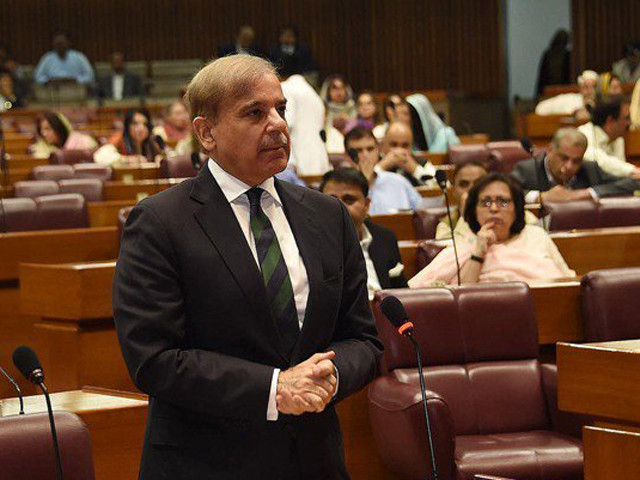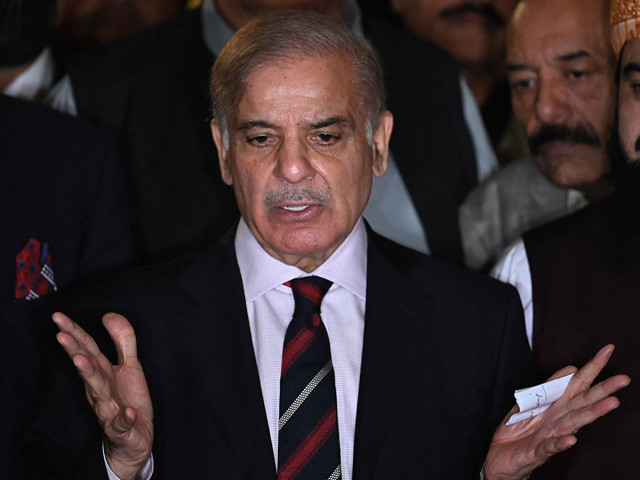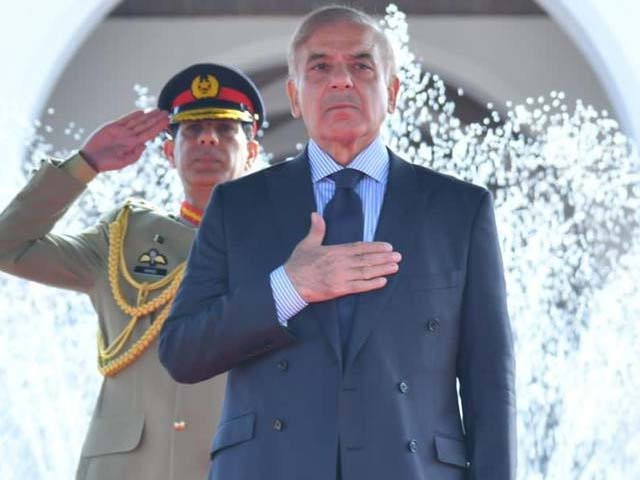
The BISP purge: A much-needed review or an assault on the poor?
A robust periodic review of the recipients’ financial status should have a part of the process from the beginning
Pakistan does not have an illustrious track record of managing successful social protection programmes. Most of the initiatives have historically been conceived, and financed, by bilateral and multilateral international donors and can therefore, at times, be void of any connection with Pakistan’s ground realities and the actual needs of the masses. If ever an organic social protection programme is initiated, it is often cut short by changes in the government and the subsequent petty politics. The Benazir Income Support Programme (BISP), however, is unique in that not only is it a local initiative, but it has also stood the test of time.
Established through an act of parliament in 2008, BISP is a targeted unconditional cash transfer programme that focuses exclusively on poor women with an objective of mitigating the impact of poverty, inflation, and the gender gap. Cognisant of the rising inflation and poverty in the setting of an economic slowdown, the elected Pakistan Peoples Party (PPP) government at the time felt the obligation to safeguard the poorest of the poor, who remained the most vulnerable to economic shocks. The conceptual framework was envisioned almost entirely in Pakistan, and more than 70% of the funding continues to be provided by the government of Pakistan. In its first year, the programme disbursed a total of Rs16 billion; Rs1,000 a month to about two million women. Over the last ten years, the amount of the stipend as well as the number of recipients has gradually increased. For 2019-20, the programme is budgeted to disburse Rs180 billion; Rs5000 every quarter to over five million women. The steady increase in the funding for the initiative, across three different governments, is a welcome change in Pakistan’s political culture and speaks to the undeniable utility of the programme.
The identification of deserving recipients was initially performed in two phases. In Phase I, application forms were distributed among parliamentarians. Eight thousand forms were distributed amongst members of the National Assembly and Senate, while 1,000 forms were given to members in the provincial assemblies, and the received forms were verified through a NADRA database. In Phase II, using a World Bank designed instrument called the “Poverty Scorecard”, a nationwide survey was conducted to identify eligible households through the application of a proxy mean test (PMT) that determined the welfare status of a household on a scale of 0-100. However, questions of political interference and favouritism continued to loom large over the project. Moreover, while the number of recipients continued to increase, no exhaustive attempts were made to determine if the recipients initially identified continued to need assistance several years later.
Last week, Dr Sania Nishtar, the current chairperson of BISP, announced that the cabinet had approved the exit of 820,165 non-deserving BISP recipients. This decision had been taken after months of review and analysis which revealed some unsettling numbers. Reportedly, 127,826 recipients were spouses of government employees (who were never eligible for the programme), over 160,000 recipients had travelled abroad at least once, while the spouses of more than 361,000 recipients had travelled abroad at least once, and almost 45,000 recipients had a car registered under their own name or under the name of their spouse. Overall, the removal of over 0.8 million recipients (about 14% of the total number of beneficiaries) will save the government Rs16 billion per year.
The decision, however, received a mixed response. Some considered it a much-needed apolitical review while others called it an assault on the poor. PPP chairperson Bilawal Bhutto-Zardari, and his sister Bakhtawar Bhutto Zardari were particularly vocal in their criticism. However, there are multiple reasons as to why the removal of these names from the BISP list may be well founded. Firstly, in stark contrast to prior BISP chairpersons, Nishtar is apolitical and has a magnificent record of numerous internationally recognised accomplishments in the fields of public health and governance. Hence, her supervision of the process lends it substantial credibility.
Secondly, the province-wise breakdown of those who have been removed from the BISP reveals that the largest proportion belonged to Khyber-Pakhtunkhwa (277,266 individuals), the province where the ruling Pakistan Tehreek-e-Insaf (PTI) has been in power for more than six years. In my opinion, political interference in the process would have resulted in a disproportionate number of people from Sindh, the only province where PTI is not a part of the government, having their name struck off the list. Thirdly, the decision is backed by objective information based on the NADRA database, and those who have been removed have the option of appealing the decision. Fourthly, the financial well-being of an individual or a household changes over time. If someone was eligible for BISP assistance 10 years ago, it does not mean that the same person should continue to receive the assistance for an indefinite period of time. Therefore, if anything, a robust periodic review of the recipients’ financial status should have been made a part of the process at its inception. Such a review would allow the assistance to be directed away from those who may have graduated from the programme, and targeted towards those who actually deserve it.
Thus, it can be argued that the BISP purge will strengthen the programme by improving its credibility and will help direct assistance towards those who truly need it. It is, however, ironic that a programme pioneered by the PPP government is being refined by their political rivals, while the party that should own the initiative is choosing to controversialise the matter.




COMMENTS
Comments are moderated and generally will be posted if they are on-topic and not abusive.
For more information, please see our Comments FAQ